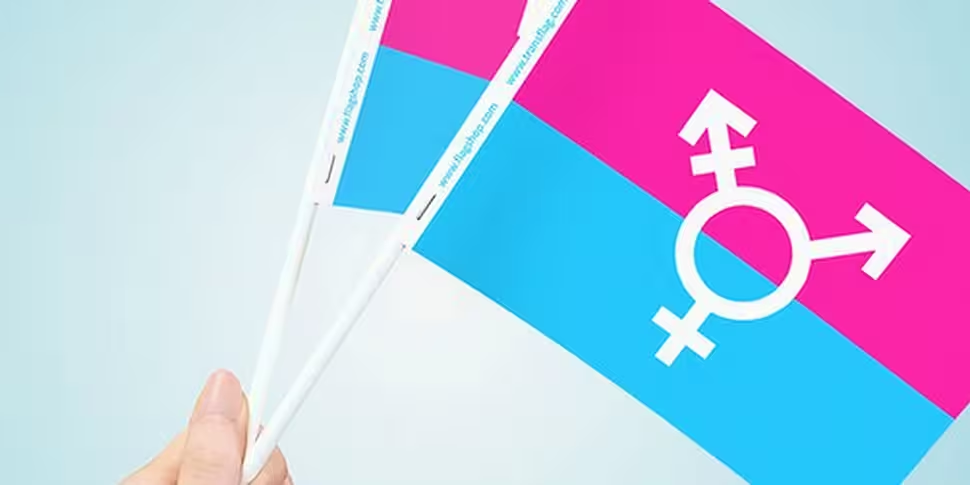The Oxford English Dictionary has revealed that it might include a new honorific in the next edition of the dictionary, adding the gender-neutral ‘Mx’ to the traditional roster of Mr, Miss, Mrs and Ms. Mx, pronounced as either ‘Mix’ or ‘Mux’, can be used by members of the transgender community who don’t wish to be identified by gender, reports the Sunday Times of London.
In the last two years, advocates of Mx have seen their lobbying receive recognition on some official documents such as driving licences and bank statements. But given that the OED, which sets the standards for proper and argotic usage of language in the UK, is contemplating its inclusion in the dictionary, campaigners say that this shows that attitudes towards gender and language are changing greatly.
Speaking to the Times, OED assistant editor Jonathan Dent said: "This is an example of how the English language adapts to people’s needs, with people using language in ways that suit them, rather than letting language dictate identity to them.
“When you look at the usual drop-down options for titles, they tend to be quite formal and embrace traditional status such as the relationship between a man and wife, such as Mr and Mrs, or a profession such as Dr or even Lord. This is something new,” he added.
Mr Dent also revealed that the first recorded instance of ‘Mx’ was found in an American magazine, Single Parent, published in 1977. In recent years, a huge online movement has seen a wider range of options in language options for trans and gender-neutral people, most notably with Facebook introducing more than 70 separate gender identities to select from.
The progress of ‘Mx’ and its wider acceptance into mainstream usage follows a similar path tread by Ms, the honorific used to describe women choosing not to identify their age or marital status. The first recorded usage of Ms comes from a 1901 letter to the editor of the Sunday Republican of Springfield, a discontinued newspaper from Massachusetts.
In the anonymous letter, the writer proposes a new honorific to replace Miss and Mrs:
“There is a void in the English language which, with some diffidence, we undertake to fill. Everyone has been put in an embarrassing position by ignorance of the status of some woman. To call a maiden Mrs. is only a shade worse than to insult a matron with the inferior title Miss. Yet it is not always easy to know the facts.”
To clarify matronly matters, the letter writer suggested “a more comprehensive term that does homage to the sex without expressing any views as to their domestic situation."

The cover of the very first edition of the iconic Ms. magazine [Wiki Commons]
The usage of Ms was debated in business etiquette books and by linguists and grammarians for decades, until it became a focal point for the Women’s Lib movement in 1961, when 22-year-old civil-rights campaigner Sheila Michaels began to call for it to become part of common public usage.
Gloria Steinem heard Ms Michaels discussing it on a radio programme, and chose it as the name for her feminist magazine, Ms., which first appeared in December 1971.
On this evening’s The Right Hook, George will speak to William Hanson, self-identified etiquette expert and author of The Bluffer’s Guide to Etiquette, about honorifics, propriety, and stumbling through the modern world of gendered and non-gendered language.
Tune in live at 5.45pm or listen back to the podcasts here.









